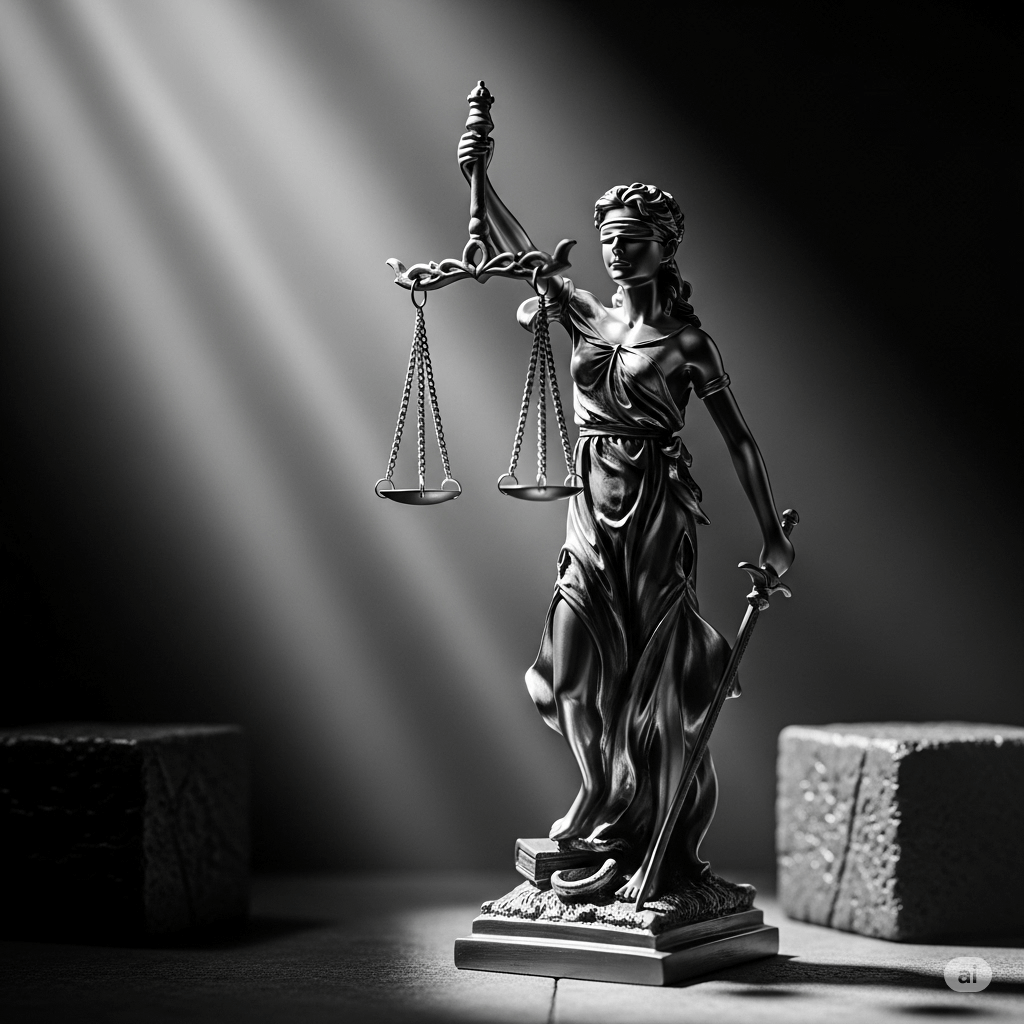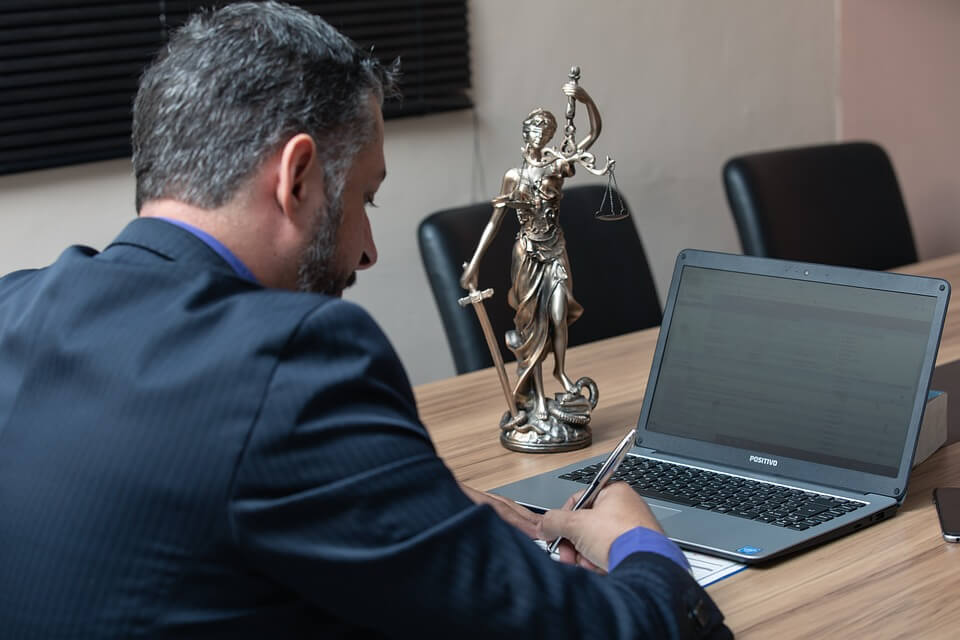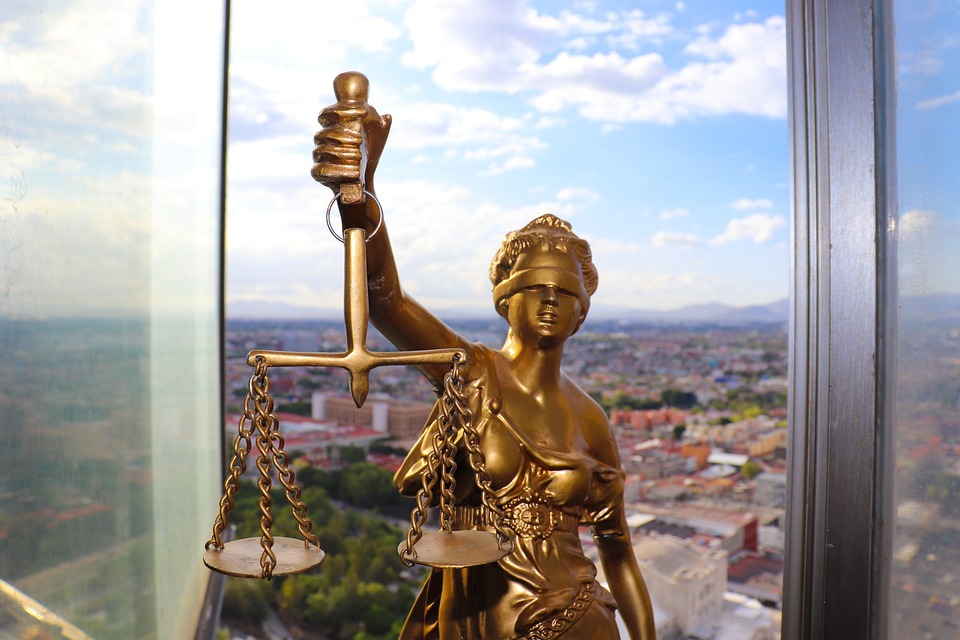
The aphorism “Justice delayed is justice denied” is no mere rhetorical flourish. It is a grim reminder that the judicial process, when unduly prolonged, transforms justice from a constitutional promise into a cruel illusion. In India today, where more than 53 million cases remain pending at various stages of the judicial ladder, the constitutional guarantees of liberty, equality, and due process risk being reduced to parchment ideals.
The Constitution of India, hailed as a social charter, was envisioned not only to structure government but to secure for every individual justice: social, economic and political. The framers of the Constitution were acutely aware that access to swift and impartial justice was central to the survival of the Republic. The Preamble, Fundamental Rights (Part III), and Directive Principles (Part IV) form an interlocking scheme to ensure that government power is exercised under constitutional discipline and that citizens can seek redress without fear or favour.
Yet, seven decades later, the ground reality mocks these noble aspirations. Endless adjournments, bureaucratic apathy, resource deficits, and procedural labyrinths have created a justice-delivery system that is often slow, expensive, and intimidating. Victims languish, under trials rot in jails for years without conviction, and even soldiers: the sentinels of our frontiers: need to fight protracted legal battles to receive rightful pensions and benefits.
Constitutional guarantees and their meaning

1. Justice as a Constitutional Ideal
The Preamble declares India to be a “Sovereign, Socialist, Secular, Democratic Republic” committed to securing justice – social, economic and political to all its citizens. These words are not mere decoration; they are binding beacons guiding every organ of the State, including the judiciary.
- Article 14 — Equality Before Law: Every individual is entitled to be treated equally by the State and its instrumentalities. The Supreme Court has repeatedly held that arbitrariness is antithetical to equality (E.P. Royappa v. State of Tamil Nadu, 1974). Delay in justice itself can become arbitrary when similarly situated persons suffer unequal hardship due to systemic inefficiency.
- Article 21 — Protection of Life and Personal Liberty: The “right to life” has been expansively interpreted to include the right to a speedy trial. In Hussainara Khatoon v. State of Bihar (1979), the Supreme Court emphatically held that no procedure which does not ensure a fair and expeditious trial can ever be called “reasonable, just and fair.” Prolonged incarceration without trial is an assault on human dignity.
- Article 32 and 226 — Right to Constitutional Remedies: These provisions empower citizens to directly approach the Supreme Court and High Courts for enforcement of fundamental rights. However, the very forums that were meant to provide quick relief have themselves become arenas of chronic delay.
- Article 39A — Free Legal Aid and Equal Justice: Added through the 42nd Amendment, it obligates the State to ensure that economic or other disabilities do not prevent access to justice. Yet free legal aid often becomes synonymous with inadequate representation, adding another layer of injustice to the poor.
2. Judicial Pronouncements on Speedy Justice

The Apex Court has repeatedly reaffirmed that speedy justice is integral to fundamental rights:
- Hussainara Khatoon v. State of Bihar (1979): Directed release of undertrials imprisoned for periods longer than the maximum sentence of their alleged crimes. The Court said: “A speedy trial is of the essence of criminal justice.”
- A.R. Antulay v. R.S. Nayak (1992): Recognized the right to a speedy trial as part of Article 21 and held that unreasonable delay violates personal liberty.
- P. Ramachandra Rao v. State of Karnataka (2002): The Court declined to prescribe rigid time limits for trials but insisted that judicial authorities must act to prevent unreasonable delays.
- Common Cause v. Union of India (1996): Directed release of accused where trials were delayed unconscionably due to systemic factors.
- Maneka Gandhi v. Union of India (1978): Expanded the meaning of “procedure established by law” to include substantive fairness, linking Articles 14, 19, and 21 into a golden triangle of liberty.
Despite such pronouncements, delay remains endemic, undermining constitutional faith.
The scale of the crisis

The statistics are staggering:
- 53 million pending cases (as of 2025) in courts across India.
- Over 180,000 cases pending for more than 30 years.
- Judge-population ratio: ~15 judges per million people far below the Law Commission’s recommendation of 50.
- Government is the biggest litigant, responsible for almost 50% of pending cases due to unnecessary appeals and lack of accountability.
- Average delay in High Courts: several years even for routine matters; in subordinate courts, even longer.
- 70% of delayed cases have three or more adjournments due to procedural inefficiencies, inadequate staffing, and sometimes deliberate tactics by litigants.
These numbers translate into human suffering. For every pending case is a person waiting for justice, for closure, for recognition of rights.
Real stories of suffering due to judicial delay

A. Citizens Trapped in Endless Litigation
- Ten-Year Chargesheet Delay in Chennai
In 2024, the Madras High Court imposed ₹10 lakh compensation on police for a decade-long delay in filing a chargesheet in a railway job fraud case. Justice P. Velmurugan condemned this as “gross negligence undermining rule of law.” - Twenty-Six-Year Delay in Murder Case (Bulandshahr, UP)
Police failed to file a chargesheet even after arrest. The accused roamed free for decades, while the victim’s family lived in anguish. - Uphaar Cinema Fire Tragedy (1997)
Justice for 59 victims’ families took over 18 years, only to culminate in fines rather than imprisonment for those responsible.
Source: Legal Bites, 2023
- Nirbhaya Case (2012)
Despite nationwide outrage and fast-track courts, final execution of convicts took over seven years highlighting that even “urgent” cases face protracted delay. - Bhagalpur Riot Cases (1989)
Hundreds of victims of communal violence waited decades for compensation and conviction of perpetrators. Many died without closure.
B. Soldiers and Veterans Fighting Legal Battles
- Widow Pension Denial to Major Sanjeev Chadha’s Family
The Delhi High Court rebuked the Centre for resisting Armed Forces Tribunal decisions granting special pension to the widow of an officer who died in service. Litigation stretched for years. - Disabled Veterans Denied Benefits
The Punjab and Haryana High Court criticized the Ministry of Defence for its “deplorable approach” in denying disability pensions despite clear Supreme Court precedent. - No Institutional Support for Retired Defence Personnel
The HC dismissed a plea for a statutory body to protect veterans’ interests due to lack of legal framework, leaving soldiers at the mercy of fragmented tribunals.
These examples show that even those who risk their lives for the nation must engage in prolonged battles for rightful entitlements.
Root causes of delay

- Vacant Judgeships and Low Judicial Strength : India needs at least 50 judges per million population but has barely one-third of that number.
- Government Litigation Habit : The State files routine appeals even in settled matters, flooding the judiciary.
- Procedural Bottlenecks : Excessive adjournments, poor case preparation, and lack of judicial discipline lead to mounting arrears.
- Police–Prosecution Gap : Absence of separation between investigation and prosecution lowers case quality and invites delays.
- Infrastructure Deficit Many courts lack adequate staff, technology, and modern facilities to manage growing caseloads.
- Resistance to Alternative Dispute Resolution (ADR) :Arbitration, mediation, and conciliation remain underutilized, despite statutory recognition.
International Comparisons
- United States: The Sixth Amendment guarantees speedy trials; courts actively monitor case progress and impose dismissal of charges if delays violate constitutional rights.
- United Kingdom: Use of cost sanctions, ADR mechanisms, and strict procedural timelines prevents litigation abuse.
- European Court of Human Rights: Declares inordinate delay as a violation of human rights, compelling systemic reforms.
India lacks such automatic accountability measures, allowing delay to fester unchecked.
Reform proposals — towards a national blueprint

1. Judicial Strength and Appointments
- Swiftly fill all judicial vacancies.
- Introduce judicial performance audits to ensure timely delivery of judgments.
- Consider competitive qualifying exams combined with collegium discretion to balance merit and independence.
2. Government Litigation Reform
- Establish pre-litigation screening committees to discourage frivolous appeals by State agencies.
- Impose costs on departments filing unnecessary cases.
3. Procedural Discipline
- Strict limits on adjournments.
- Use of case management systems and e-courts for monitoring progress.
4. Police-Prosecution Separation
- Adopt a dual structure where police investigate and a separate prosecutorial service conducts trials — ensuring professional standards.
5. ADR and Lok Adalats
- Mandate pre-trial mediation in civil disputes.
- Strengthen arbitration institutions to ease the load on regular courts.
6. Fast-Track Tribunals for Defence and Senior Citizens
- Automatic priority for cases involving servicemen, veterans, and pensioners.
- Transfer such matters directly to High Courts after one year of pendency.
7. Citizen Access to Justice
- Empower panels of retired Supreme Court judges to take up urgent grievances suo motu without fees.
- Encourage legal aid societies with trained, accountable lawyers rather than token appointments.
Conclusion: restoring constitutional faith

The Constitution of India envisioned a Republic where justice would not only be done but be seen to be done swiftly. The current state of judicial delay erodes public trust and undermines democratic legitimacy. For citizens, justice postponed is justice denied; for soldiers, it is a betrayal of service and sacrifice.
As Justice Surya Kant once warned, “Before you rest your head on the pillow…” every judge must reflect whether those seeking justice before them have been given timely relief. This is not just a legal issue it is a moral imperative and a test of India’s constitutional soul.


Large scale pending cases due to Government involved litigations, can be related to misuse of office by officials wielding Disciplinary powers assuming that quasi judicial functioning immunes them from CCS (Conduct) rules, 1964 even though the Apex court judgment, UOI vs K K Dhawan (AIR 1993 SUPREME COURT 1478, 1993(2) SCC 56) held that they too are subordinate to Rule 3(1) of CCS conduct rules and shall at all time maintain absolute integrity, devotion to duty and do nothing which is unbecoming of a government servant. Thus repeated orders of mitigation of litigation by the Government remain not implemented thereby strangulating the judiciary.